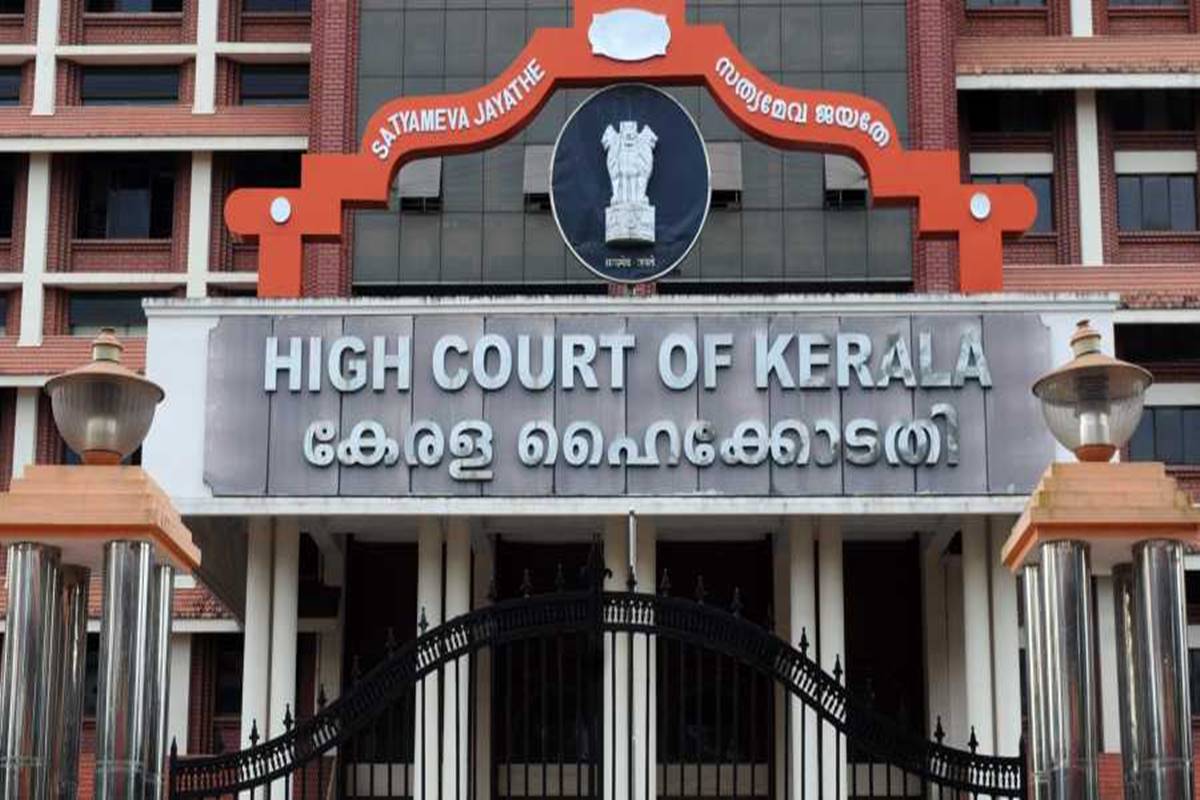The Kerala High Court on Thursday issued detailed directives aimed at safeguarding the well-being of elephants paraded during temple festivals, stating that there is no religious obligation mandating their use in such events. The court observed that while traditions often cite religious justifications, elephants are being exploited for commercial purposes without regard for their welfare.
A Division Bench comprising Justice AK Jayasankaran Nambiar and Justice Gopinath P on Thursday issued detailed directives for effective implementation of the Kerala Captive Elephants (Management and Maintenance) Rules, 2012 and to ensure compliance of Apex Court’s decision in Wildlife Rescue and Rehabilitation Centre and others Vs. Union of India (2016).
Advertisement
The bench observed that elephants in Kerala are widely used in temples in the name of tradition and religion but, in reality, it is a “commercial exploitation” without any care or concern for their well-being.
“We do not believe that there is any essential religious practice of any religion that mandates the use of elephants in festivals. We do not, however, propose to say anything more at this stage since our focus now is merely to regulate the practice of parading elephants during festival.. In other words, the animal is treated as a tradable community with its owner or custodian being concerned only with commercial returns. Reportedly, the festivals in Kerala are now so commercialised that even before a festival there is a war or a sort of competition amongst temple committees tasked with the conduct of festivals regarding the number of elephants being paraded as well as the fame of particular elephants/elephants being paraded,” the court said
“There is no greater proof of the fact that captive elephants are being exploited for commercial gains mindless of their well-being than the statistics of captive elephant deaths in the State of Kerala for the years 2018-2024 which indicate that nearly 33% of the total number of recorded captive elephants (being 509 in the year 2018) have died during this short period of seven years. Thus, there has been a significant reduction in the captive elephant population in the state,.” The court further said
The court ruled that a representative nominated by the Animal Welfare Board of India will also be included as a member of the District Committee formed under Rule 10 to prevent cruelty towards captive elephants.
To prevent cruelty to elephants during parades, the court directed that organisers of any festival intending to exhibit a captive elephant must apply to the District Committee at least one month prior to the event
The application should also include the elephant’s tour schedule covering a period 10 days prior to the proposed exhibition and 5 days after the proposed exhibition. The District Committee shall ensure that the elephant is not compelled to travel and be exhibited without sufficient rest periods between two exhibitions. Such a rest period shall not be less than three days (excluding any time taken for transportation). A health/fitness certificate showing that the elephant is not sick, injured, weak, disabled, or otherwise unfit for exhibition and information relating to the elephant’s normal musth period should also be produced with the application
.The court also clarified that the number of elephants allowed in the parade will depend on the available space, ensuring adherence to the minimum distance requirements set by the court within the temple or any designated area.Furthermore, no elephant processions through public roads will be permitted between 9:00 am and 5:00 pm.
The court held that no organiser or Devaswom shall permit the deployment of any squads which go by the name ‘Elephant Squads’ in any festival or exhibition where elephants are being paraded. The court also prohibited the use of any ‘capture belt’ or such other crude and inhuman method of capturing elephants that may run amok or otherwise misbehave.
The bench in its order drew comparisons between the treatment of elephants in captivity and the infamous atrocities of Nazi Germany’s extermination camp, Treblinka, reflecting on the general state of human-animal relations.
It noted that despite repeated instructions from the Supreme Court including directives to ensure humane treatment towards elephants, the Kerala government had failed to enforce these rules.
















